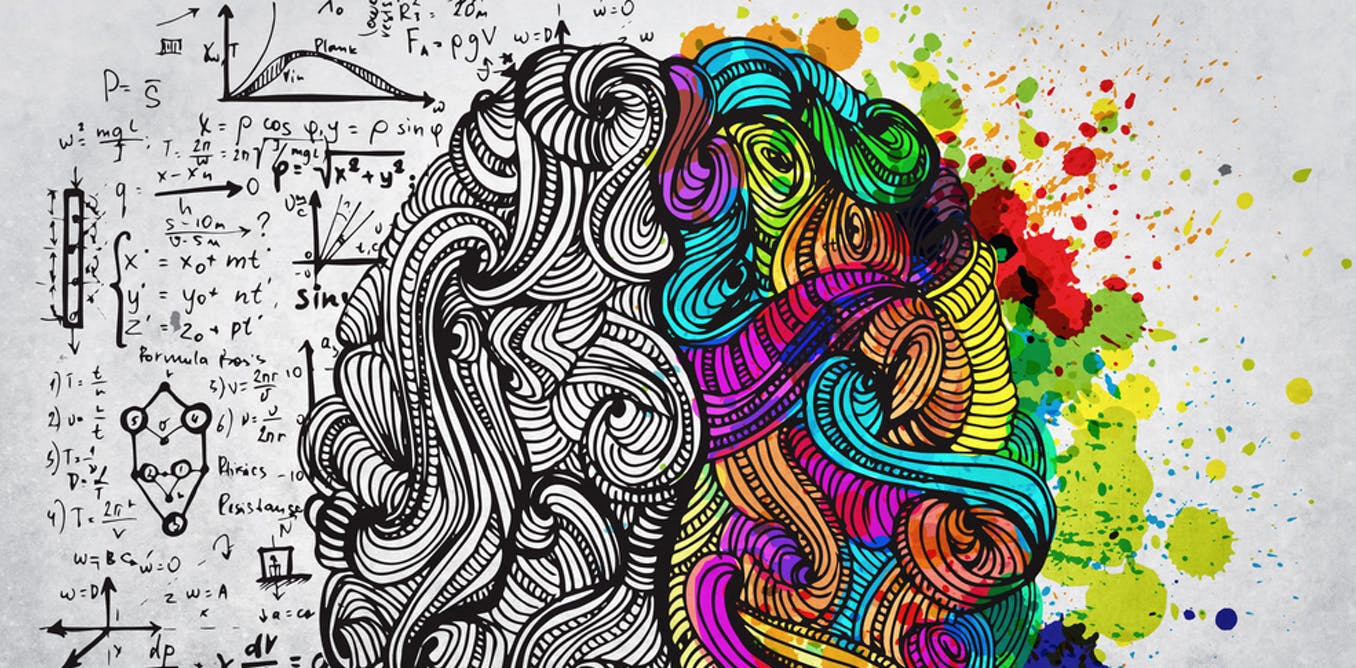Parents tend to be concerned about their children’s proper development. For it is their responsibility to provide the kids with all the conditions necessary, most of the time they are eager to be in control of all elements that might interfere with this process of development. One crucial question of the many is, whether children can detect fantasy or they confuse it with reality.
It is a perfectly valid worry on the parent’s behalf. According to Piaget (1929), children are unable to tell the differences between fantasy and the real world, therefore fairy tales should be chosen with peculiar care, not to spoil the young minds’ sense of the boundaries of reality. Deriving from this theory, it is not very surprising that parents try to protect their little ones from such deficits.
Is it a real threat anyways? It turns out not to be one. As proven by studies on this matter in the field of Developmental Psychology, children are indeed able to tell the difference between the „two worlds”. Excepting them to do so or not, their psyche works in a way it can distinguish a mental entity, such as a thought or an image. Children are able to process fantasy and reality parallelly without the slightest confusion of the two.
However, at some points, Piaget’s theory is right for stating that children are not able to tell the very strict borders of fantasy and need extrinsic guidance to learn how to detect the exact borderline. For that reason, based on the early age when this line is ambiguous, it is the parent’s responsibility to guide the youngling by explaining everything to them.
What happens when children get out of their parent’s hand and school becomes their primary milieu where they are affected by their peers and teachers? Based on what we know about classical social psychology there must be some changes in mentl development and attitude to abstract matters after starting school.
Fanatasy a creativity go hand in hand as these are both considered as closely related mental processes and features. It is crucial for children to be able to utilize their fantasy for it is the source of all creativity that is to blossom from them.
An extremly intreresting and – so to say – tragic phenomena is usually oberved when children become pupils of an elementary school. By strict rules apearing in the institution the freedom of the naïve and untouched spirits – in terms of imagination and spirituality – is surely reduced in order to maitain a constantly organized and working environment in the education system.
It has become an incresing trend to notice these kinds of mental suppression recently and a revolution is about t start in education in all levels. Many professionals are working hard to be able to find the glitches in the system and to recondition these all at once. The educational system should aim to provide children with more than just bare lexical knowledge. No, it should take more the technical and practical side of the matters taught in school. Here is an opinion of an acknowledged researcher of the topic below.
As a major issue in classical education schools were accused of depriving their students from the chance of creative activity by Sir Ken Robinson in his TED talk given on a conference almost nine years ago. He claims that our educational system is hyper-focused on the training and the education of the brain and does not dedicate time and effort to teach children Arts and also educate their body.
As a person who participated in classical education I have to admit that I see his point crystal clear after listening to his speech. The way that our era tries to force every student to go through exactly the same educational procedure and excel in the same fields of life is harmful to students concerning their personality development. It cannot be expected from everybody to be the best at Mathematics or other Sciences therefore education should also focus on fields that let the children’s creativity flow so that they will be able to find the field in which they can be succesful later on. As a future teacher I absolutely believe with Robinsons opinion specificly that there is no single way of educating masses and it is our job to find the way which makes possible to provide a relatively individual syllabus to everybody.
All in all, children confusing reality with imagination does not seem to be an actual threat to their mental development provided that parents make an effort and set some guidelines for them. On the contrary, it supports further neural improvement. At the very same time it must be acknowledged that family is not the only outstanding influenial factor affecting children. The truth is that schools should feel obliged by now to realize that they are supposed to produce creatively and critically thinking adolescents entering adulthood, who will bring innovative ideas into their future jobs making their home country and the World itself a better working place during their adulthood.

